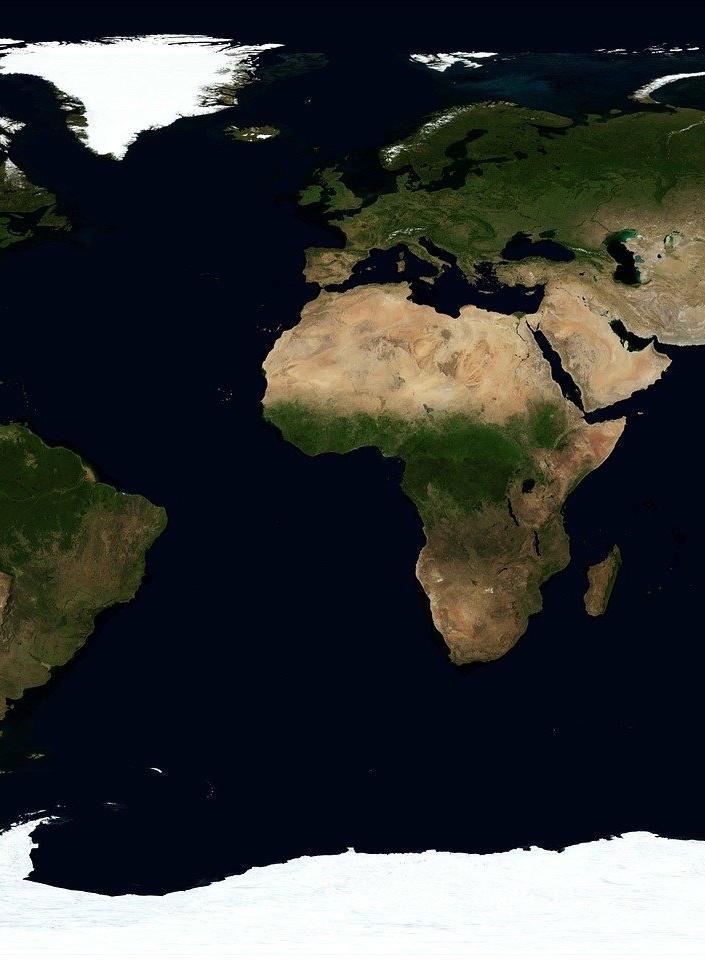For a better understanding why the three projects - the ABS Capacity Development Initiative, BioInnovation Africa and ABS-compliant Biotrade in South(ern) Africa (ABioSA) – are active in Africa, it is worthwhile to have a look back at the year 2005.
In that year, the Dutch-German ABS Capacity Building Initiative was born following the specific request of the African negotiating group during the ABS Working Group 3 (WGABS-3) in Bangkok.
Africa is a hot spot for implementing access and benefit-sharing (ABS) due to the continent's high diversity, both ethnic and biological. Thousands of ethnic groups are holders of traditional knowledge on how to utilize local genetic resources for their well-being, often for health and cosmetic purposes.
The many ecosystems in Africa are home to genetic resources distinct in biochemical compositions, from abundant rainforests in Central Africa to harsh deserts in the North and South. Many plants, animals, fungi and microorganisms adapted to extreme habitats have developed specific metabolisms of potential value to humankind.
Genetic resources and traditional knowledge exist across borders in several countries and regions. Hence it might not come as a surprise that the African Group ― strongly supported by the ABS Initiative ― played a major role in the negotiations for the Nagoya Protocol which was adopted in 2010. African negotiators made significant contributions resulting in the inclusion of innovative ABS tools, such as the Biocultural Community Protocols or the Global Multilateral Benefit Sharing Mechanism, in the Nagoya Protocol.
Despite this active regional role, implementing ABS in Africa at a national level has been challenging. In many countries, ABS rules and regulations do not exist or are insufficient. In addition, regional organizations have partially overlapping geographical scopes and mandates, rendering the creation of harmonized national ABS frameworks rather difficult.
To overcome these challenges, the ABS Initiative cooperates directly with relevant regional organizations, for instance the Central Africa Forest Commission (COMIFAC) and the African Union Commission (AUC). This cooperation has resulted in a regional ABS strategy for the COMIFAC countries and the development of the African Union (AU) Strategic & Practical Guidelines for the Coordinated Implementation of the Nagoya Protocol on ABS.
When the ABioSA project started in 2018, it built on the experience and achievements of the ABS Initiative and its partners as it supports the creation of an innovative high-growth job-rich biotrade sector that complies with international and domestic ABS regulations.
In 2019, BioInnovation Africa started promoting European-African business partnerships based on high ethical, social and environmental standards with a special focus on ABS and the UNCTAD BioTrade Principles and Criteria.
All three projects’ impacts are rooted in the fact that ABS helps to ensure that BioTrade value chains contribute to conservation and sustainable use of biodiversity, and ultimately trigger socio-economic development.
The geographical focus of the three projects is currently on seven African countries:
